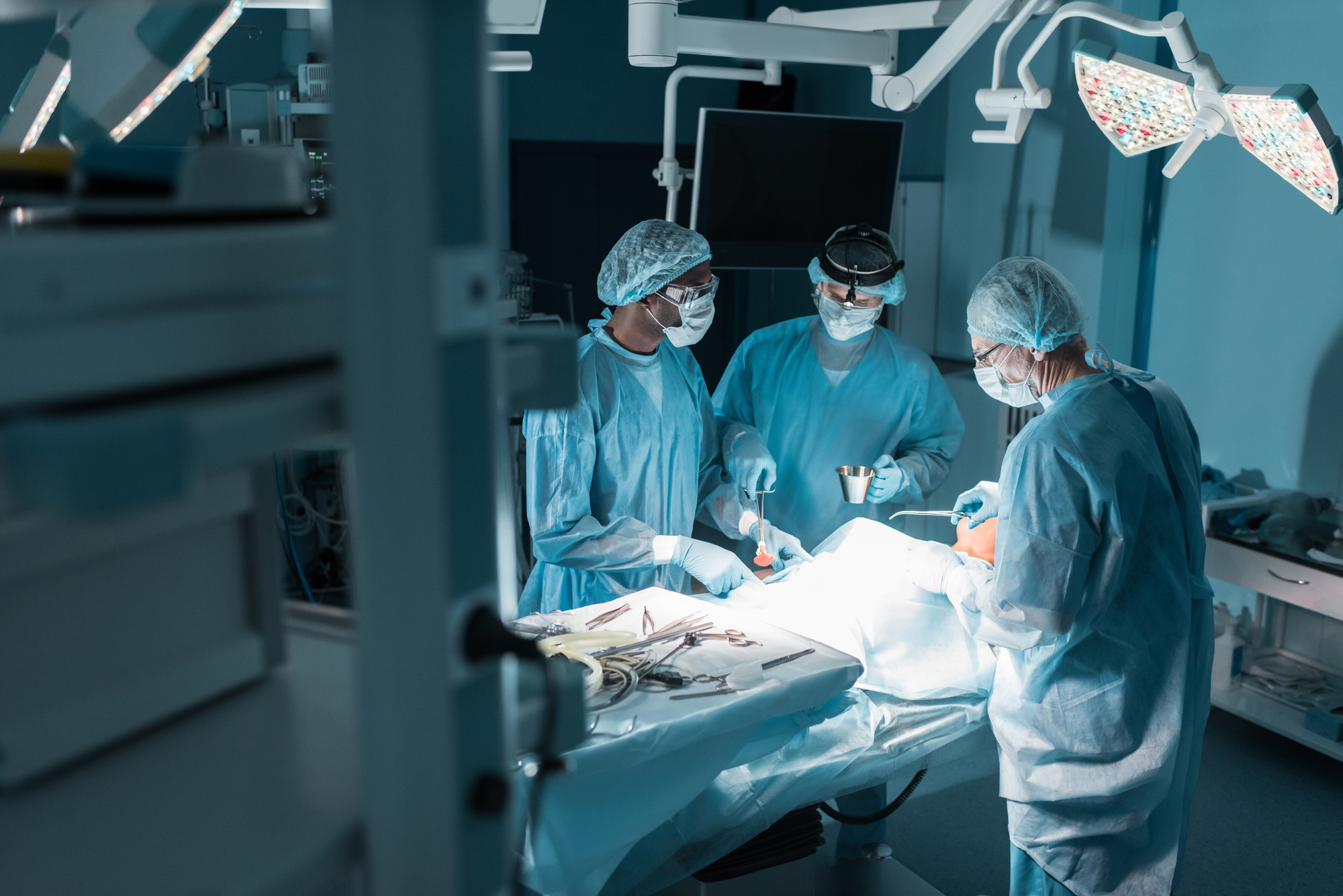Significant Distinctions You Should Know Are you unsure about the key differences between the various cosmetic surgery doctors? Do you believe they’re all similar? Before it’s too late, learn more about plastic vs. cosmetic surgeons and other topics. For more information please visit the Dr. Mark Duncan-Smith Plastic Surgeon now!

Cosmetic vs Plastic Surgeon
The distinction between a Cosmetic Surgeon and a Specialist Plastic Surgeon is significant. If that’s the case, this quick review will assist you in your cosmetic surgery research by explaining the essential differences between cosmetic and plastic surgeons.
This blog will teach you how to distinguish between an experienced Specialist Plastic, Cosmetic & Reconstructive Surgeon and a general doctor or skin disease doctor who does cosmetic surgery but is not RACS AHPRA-approved to call oneself a Plastic Surgeon.
Cosmetic surgeons are not all the same when it comes to:
- Surgical training surgical credentials and medical board recognition surgery specialties (surgical study, skills and expertise)
- Technical knowledge (ongoing education and advanced surgical technique conferences with leading Plastic Surgery experts across the globe)
- Several operations carried out.
- A cosmetic surgeon may also call oneself a cosmetic surgeon. However, a cosmetic surgeon without FRACS (Plas) cannot call themselves a Plastic Surgeon — it’s a protected medical term).
Why are some surgeons good choices for cosmetic surgery?
Please do not select a less-trained doctor or non-specialist with less experience and no official Specialist surgical credentials or recognized by Australian Medical Boards.
Even though government health departments and health groups are lobbying to change the rules, it is currently legal for anyone in Australia – with a primary medical degree – to operate despite having minimal to no surgical training and no formal qualifications and despite not having AHPRA recognition for a specific surgical ability, including RACS testing and extensive examinations.
On the other hand, Specialist Plastic Surgeons have FRACS (Plas) training, credentials, and RACS and Medical Board / AHPRA accreditation (Australia).
TIP: A Specialist Plastic Surgeon is also a member of peer societies like ASAPS, ISAPS, ASPS, etc.
Only real Plastic Surgeons are eligible for these medical affiliations.
Cosmetic physicians who operate are not allowed to join them or participate in training; they are also not allowed to call themselves plastic surgeons since they have not completed the lengthy training necessary to become a Specialist Plastic Surgeon.
Cosmetic Surgery, Plastic Surgery What’s the Difference?
You’re not alone if you’ve always assumed cosmetic surgery and plastic surgery were synonymous. However, this is incorrect from a technical standpoint. Cosmetic surgery and plastic surgery are closely related but not identical specialities. Because many plastic surgeons opt to concentrate their practice on aesthetic surgery, the words are frequently interchanged.
Despite having minimal surgical training and no accreditation by the Australian Medical Board as a real RACS certified Surgeon or Specialist, a cosmetic surgeon might be anyone with a primary medical degree. They are NOT a Plastic Surgeon if they are not FRACS (Plas). www1.health.gov.au/
What to Look for in a Plastic or Cosmetic Surgeon?
Certain plastic surgeons perform cosmetic surgery, but not all of them. If that’s the case, you could hear words like cosmetic plastic surgeon, cosmetic and reconstructive surgeon, face cosmetic surgeon, and others, depending on the surgeon’s specialty. Cosmetic surgeons also use these phrases. When looking for the proper doctor for the operation you desire, this might be not easy.
Instead of focusing on the surgeon’s title, look for:
Board certification in their field of expertise (e.g., plastic surgery or cosmetic surgery). Checkboard certification, specialty area, and other background information for any doctor you’re considering at Healthgrades.com.
You should have prior experience doing the treatment you seek. This implies that they do it regularly and get good outcomes. Ask the surgeon how many times they have performed the procedure in the previous year. Inquire about the surgeon’s experience with problems and what steps are taken to address them if they occur.
The hospital or surgical facility where your surgeon conducts surgery provides excellent care. Your procedure may not take place at a hospital, but if it does, check out Healthgrades.com to see how well the facility performs. Patient satisfaction is high. This may provide you with peace of mind and a sense of what your encounter with the doctor would be like.